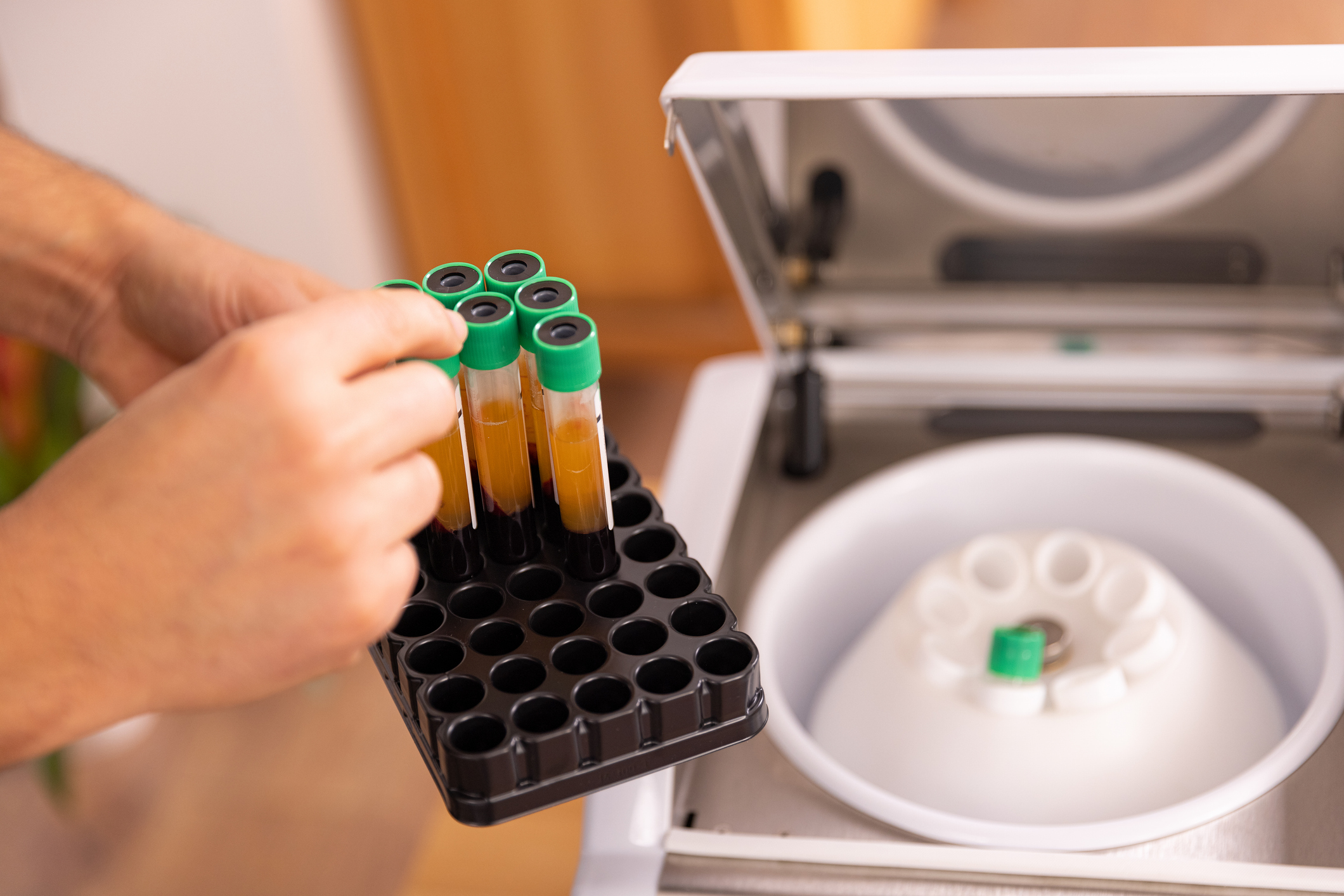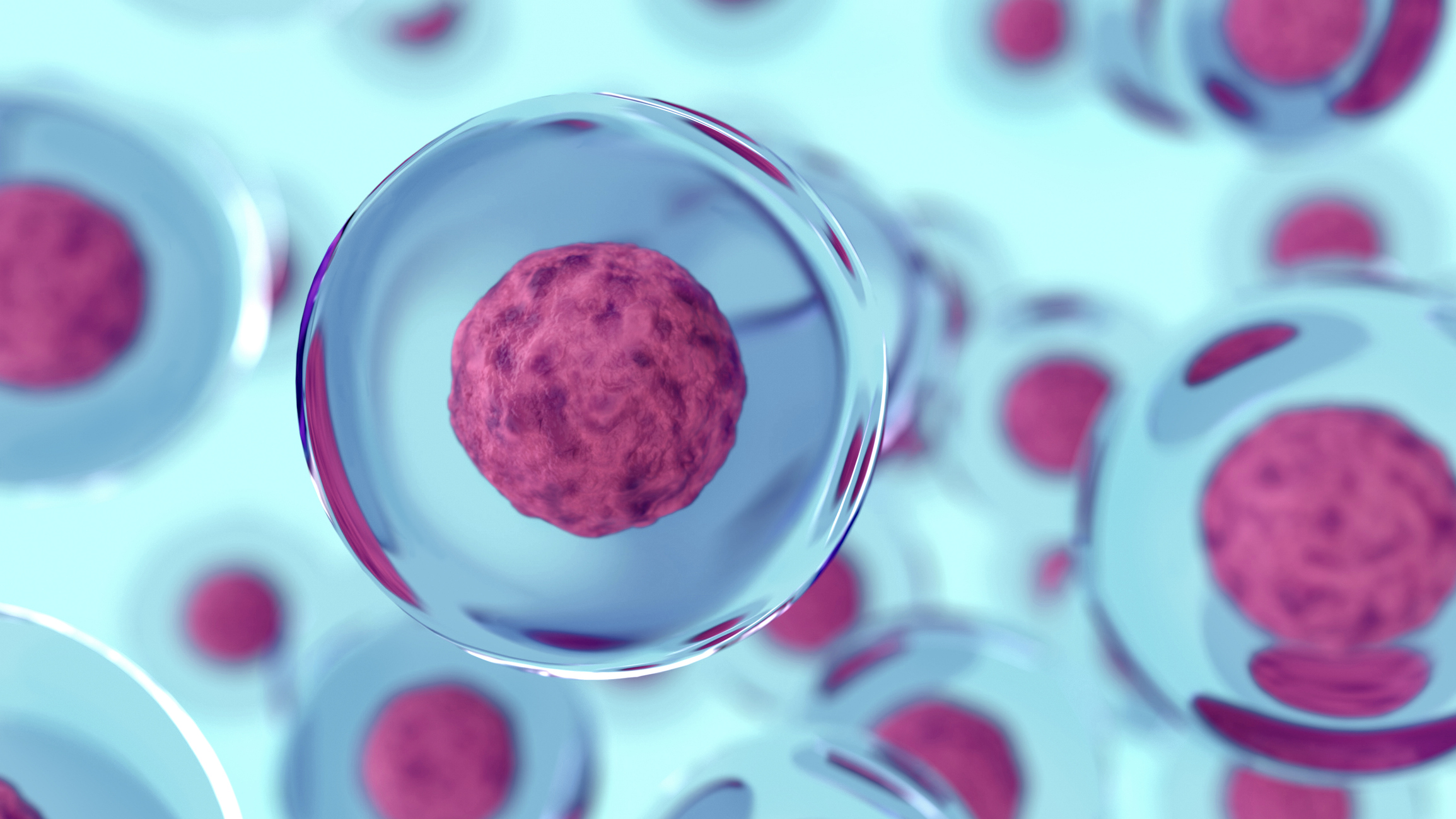Regenerative Medicine Injections
In recent years, regenerative medicine has become a promising option for treating various foot and ankle conditions. Whether you’re an athlete dealing with a chronic tendon injury or someone experiencing arthritis, regenerative medicine injections might offer a solution that goes beyond traditional treatments.
What is Regenerative Medicine?
Regenerative medicine focuses on repairing or replacing damaged tissues in the body. Rather than simply managing symptoms, regenerative therapies aim to stimulate the body’s natural healing processes. In the context of foot and ankle injuries, regenerative medicine often involves injecting biological substances into the affected area to encourage tissue repair, reduce inflammation and pain, and promote recovery.
Common types of regenerative medicine injections include:
- Platelet-Rich Plasma (PRP): made by drawing a small amount of your blood and processing it to concentrate the platelets, which contain growth factors that support tissue healing
- Stem Cell Therapy: Stem cells, often derived from a patient’s own bone marrow or fat tissue, have the potential to transform into various types of cells needed for tissue repair
- Amniotic Fluid Injections: Amniotic fluid products are derived from donors and contain growth factors and proteins that may support tissue healing and reduce inflammation

Conditions Treated by Regenerative Medicine in the Foot and Ankle
- Plantar Fasciitis
- Achilles Tendonitis and Tendon Tears
- Arthritis
- Ligament Injuries
- Plantar Fibromas
What to Expect After the Injection
Many patients report feeling minimal discomfort during the procedure, as the injections are usually guided carefully and performed with minimal invasiveness. Afterward, you may experience some swelling, soreness, or mild discomfort in the treated area. These side effects typically subside within a few days to a week.
Healing time varies, but patients often notice an improvement in pain and function within several weeks. However, regenerative treatments are not a quick fix and might require follow-up injections or additional therapies for the best results.
Advantages of Regenerative Medicine Injections
Regenerative injections offer several unique benefits, including:
- Reduced Downtime
- Natural Healing: the injections use your body’s own cells to promote healing, reducing reliance on synthetic drugs or invasive procedures
- Potential for Lasting Relief: many patients report long-term relief after treatment, which can help delay or prevent the need for surgery

Are Regenerative Medicine Injections Right for You?
Regenerative injections aren’t suitable for everyone. Factors like the severity of your injury, overall health, and specific medical conditions play a role in determining whether you’re a good candidate. It’s essential to have a thorough consultation with a qualified foot and ankle specialist who can assess your condition and recommend the best treatment plan.
Regenerative medicine injections can offer hope for patients dealing with injury or chronic pain in the foot and ankle. By harnessing the body’s healing power, these treatments may provide relief, speed up recovery, and improve quality of life. If you're considering regenerative medicine, speak with your Podiatrist to see if it’s right for you.

Why Choose Newbury?
What Makes Us Different
-
Convenient LocationsAvailable to treat you at three different locations with flexible appointment times.
-
Excellent ResultsWe strive to give you the best results possible & get you back to your active life.
-
Board Certified PhysiciansOur physicians are licensed by the State of California Medical Board and certified by the American Board of Foot & Ankle surgery
-
Cutting Edge PracticeWe use the latest in technologies and treatments to help you heal better and faster.
-
 Patient Resources
Patient Resources -
 Our Services
Our Services -
 Contact Us
Contact Us


